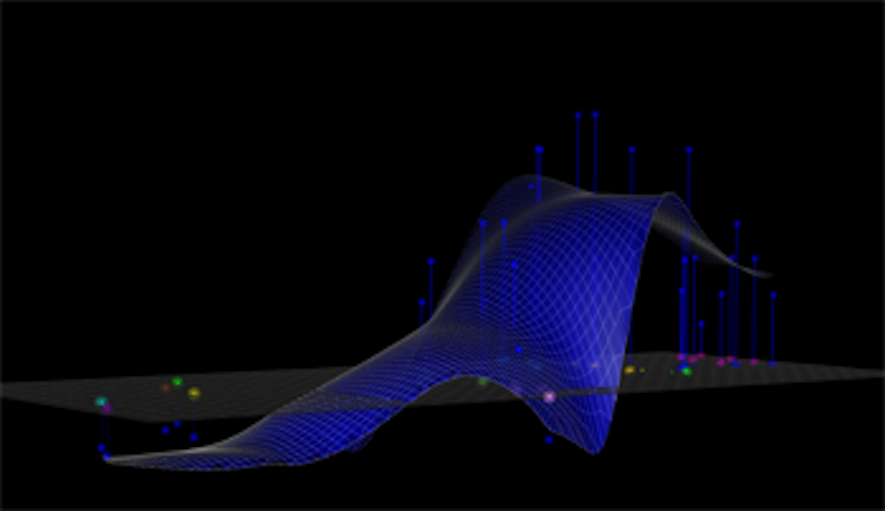
Predicting the Evolution of Influenza and SARS-CoV-2 Viruses
Supervisor: Professor Derek Smith
Co-supervisor: Professor Howard Baylis
Our research focus is to design and develop analytical, computational, and mathematical methods to understand the fundamental processes that govern the evolution of influenza and SARS-CoV-2 viruses. In addition to the basic science core of the work, there is also the opportunity to translate this understanding into the prediction of future antigenic variants to guide phase II clinical trials of next generation influenza vaccines. Our research is highly interdisciplinary and involves substantial global collaboration with experimental virologists, immunologists and clinicians to quantify the selection pressures on influenza viruses in order to better understand their evolutionary dynamics, and to inform control strategies.
The work in our group is theoretical and computational, in collaboration with experimental partners. Though this project is primarily computational, our group collaborates closely with experimental partners worldwide, e.g., Erasmus Medical Centre in the Netherlands and the University of Wisconsin in the United States.
Funding may be available for this project and should be discussed with the supervisor prior to application.
References
Wilks, S. H., Mühlemann, et al, (2023). Mapping SARS-CoV-2 antigenic relationships and serological responses. Science, 382(6666). doi:10.1126/science.adj0070
Smith DJ, et al (2004) Mapping the Antigenic and Genetic Evolution of Influenza Virus. Science 305: 371-376.
Koel BF, et al (2013) Substitutions near the receptor binding site determine major antigenic change during influenza virus evolution. Science. Nov 22;342(6161):976-9. doi: 10.1126/science.1244730.
J. M. Fonville, S. H. Wilks, et al, (2014). Antibody landscapes after influenza virus infection or vaccination Science346(6212):996-1000. doi: 10.1126/science.1256427
